Our vets check Goeldi’s titi to confirm his health status
hace 9 monthsOur team of vets at Terra Natura Benidorm have carried out this morning a complete check-up on the Goeldi’s titi (Callimico goeldi), who was born at the end of May and it´s the first time Terra Natura Benidorm has hosted the birth of the species. This primate is in danger of extinction.
Until now, the baby has been kept under control by the zoo keepers and vets to not interfere with the breeding process and avoid the risk of rejection by the parents. Now that the baby is more than three months old, and is no longer so dependent on the care of its parents, a first check-up has been carried out to confirm that it has good health.
During this veterinary examination, the team confirm that is a male. In fact, the zoo keepers have named him Boni. The aim of this examination is to assess whether Boni is in good condition. In addition, his dentition and the general state of his oral health are analysed. An abdominal palpation and auscultation have also been carried out in order to rule out any possible anomalies in the respiratory and cardiac system.
The check-up was also used to implant a microchip. The subcutaneous microchip is an essential requirement demanded by the Administration, which aims to identify the specimen throughout its existence, so that its file includes all the biometric data such as place of birth, species and other details of interest.
The Goeldi’s marmoset is a species that is in a vulnerable state of conservation according to the IUCN and is included in Annex I of CITES to regulate its possession at an international level and thus favour its protection and conservation. This primate is native to the jungles of Brazil and Bolivia.
This species of marmoset usually lives in groups of up to eight individuals and they rest and sleep together. Unlike other species of marmosets, females have only one baby at birth. To communicate with each other, they use a variety of tools such as vocalisations, effective shouting at more than 100 metres, smell and body language. Females breed twice a year, and their gestation period lasts about 155 days.

